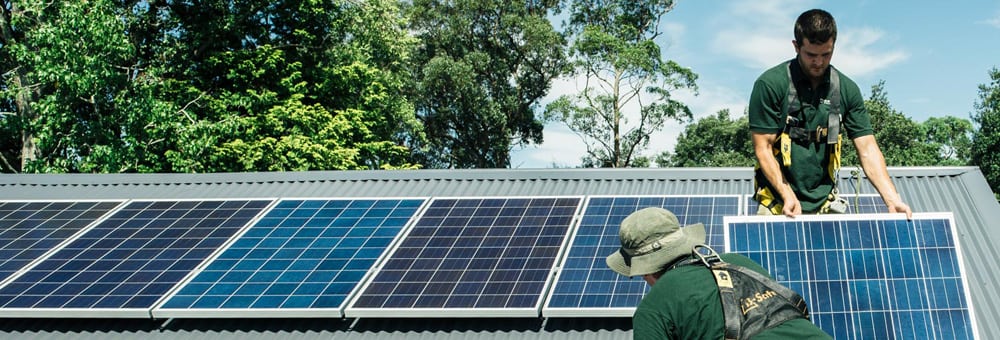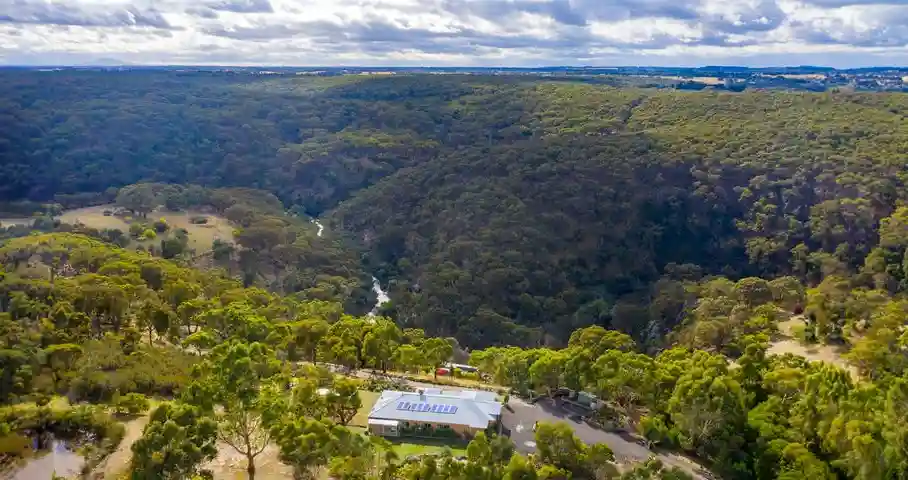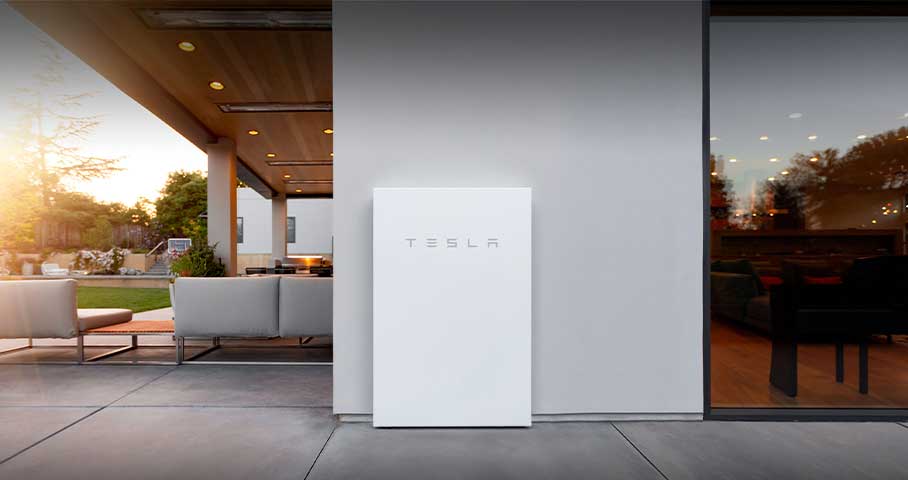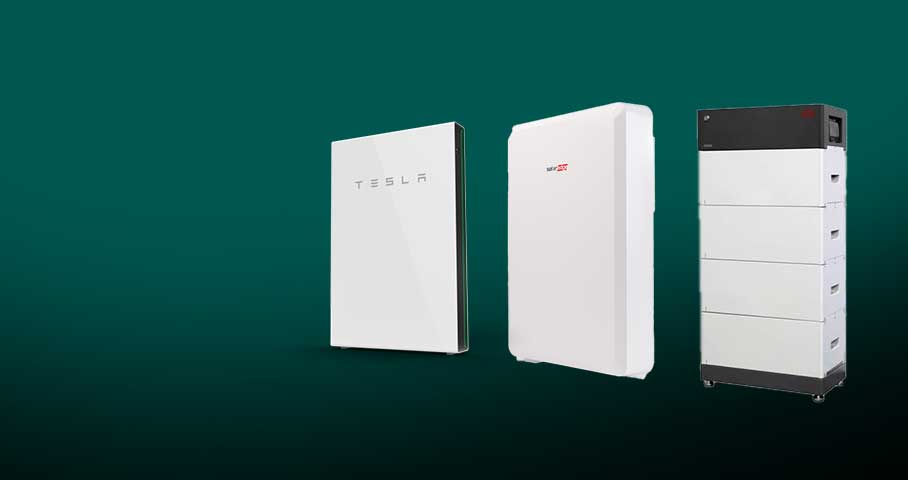Solar doesn’t need to be complex. You just need to know the facts. Learn the questions you need to ask before installing solar on your home.
Solar energy is one of the most significant investments you can make in your home. As a result, you need to feel comfortable with your choice of installer, system and products. We’ve put together the top 5 questions to ask before installing solar on your home.
What are the types of solar power systems available for households?
Australian households are spoilt for choice when it comes to the solar power systems we have available, as follows.
Grid-connect solar is the most common form of solar system installed in Australia. Most houses with grid-connect solar systems use solar power first before sourcing electricity from the grid. When the panels are not producing electricity at night, electricity is supplied from the electricity grid.
Hybrid solar is a grid-connect solar system with battery back-up – hybrids are becoming increasingly popular in Sydney. Solar customers in many states are now receiving a low price for electricity sold back to the electrical grid, making battery back-up systems a viable alternative. You can use electricity stored during the day to run your house at night and still have the advantage of being able to supply power to your home during power outages.
Stand alone solar is sometimes known as off-grid solar systems, as these type of systems are not connected to the electricity grid. They are typically installed in remote areas where there is limited connection to the grid, or areas of low electricity demand. Unlike grid-connected systems, stand alone solar must have batteries or backup generation to provide supply at night. In many cases they will also include a diesel or petrol generator to supplement energy supply.
What size system do I need?
Energy consumption varies across Australian households. The more you can tailor your solar system to suit your needs, the more savings you will make in the long-term.
The best way to find out your specific needs is to arrange a site inspection and talk with your local solar installer about what your desired outcomes are and the best way to reach them.
Some of the things to consider are:
– Where you live
– The number of people in your home
– How you heat and cool your home
– How many appliances you have
– What time of the day you actually use most of your electricity, and
– Whether you want to be independent of the electricity grid.
Combined with your electricity bills, these tips will give you an idea as to what size and type of solar panel system you will need.
How do I ensure a reliable installation?
Always have a Clean Energy Council Accredited Installer (such as E-Smart installers) perform your solar panel installation. The Clean Energy Council (CEC) is the peak body for the clean energy industry in Australia and ensures that all installers are kept up-to-date with changes in the industry and hold the relevant licenses and insurances.
The CEC website lists the names of installers and their accreditation. E-Smart Solar is authorised for both the design and installation of Grid-connect and Stand Alone Power (off-grid systems), and is also a member of the Clean Energy Council.
To make sure your solar panels work at their peak, it’s important that you and your installer take a few things into consideration:
Reliability: You should know the brand, efficiency and performance rating of the solar panels that will be on your home. View the components that make up your solar power system as a consumer item, and research the warranty and workmanship associated with each energy product.
Panel location: Solar panels are best installed on an unshaded rooftop facing north.
Tilt: The solar panels will need to be installed at a specific angle, or tilt, to maximise the amount of sunlight the solar panels receive.
How do I maintain my system?
One of the benefits of having a solar power system installed is that they are a low-maintenance investment. Keep your solar panels clear from debris and dirt build-up, and have an accredited installer check that the system is functioning safely and efficiently periodically. This will allow you to maximise the savings on your power bills for years to come.
How much does a system cost?
The price of your solar system may be affected by a number of factors. Discuss these with your solar installer during a site inspection. Factors can include:
– Government incentives and support schemes
– Contractor installation costs
– The type and number of panels
– The type and size of inverter
– The type of framing equipment and other system components
– Whether you choose a battery option
– The height and accessibility of roof, and whether it is tiled or metal or concrete, and
– Any after sales service agreements.
Have a question?
We’re always happy to talk all things solar – give us a call on 02 4703 5411 or shoot us an email. We’re here to help!









